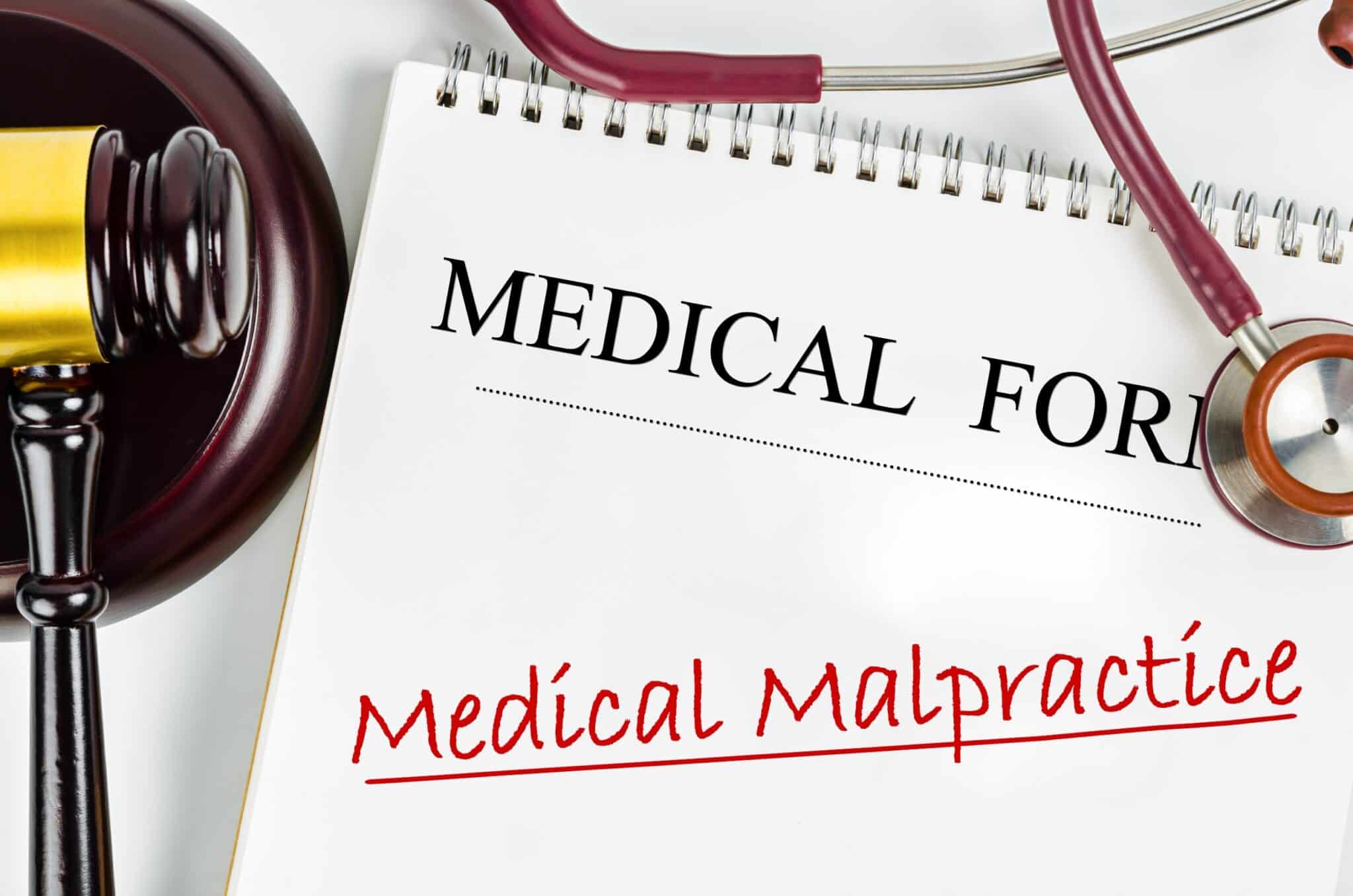
Medical Malpractice
Medical malpractice occurs when a healthcare provider fails to meet the standard of care, resulting in harm or injury to the patient. This negligence can take many forms, including misdiagnosis, surgical errors, medication mistakes, and inadequate treatment. Medical malpractice cases are often complex, involving detailed medical records, expert testimony, and extensive legal analysis. At 770GoodLaw, we work closely with clients to navigate the complexities of medical malpractice claims, advocating for fair compensation to address their injuries and the impact on their lives.
Types of Medical Malpractice
Medical malpractice can arise from various forms of negligence by healthcare professionals. Common types of medical malpractice include:
- Misdiagnosis or Delayed Diagnosis: When a medical professional incorrectly diagnoses a condition or fails to diagnose it in a timely manner, leading to delayed treatment and worsening of the condition.
- Surgical Errors: Mistakes made during surgery, such as operating on the wrong body part, leaving surgical instruments inside the patient, or performing the wrong procedure, can have severe consequences.
- Medication Errors: Prescribing the wrong medication, incorrect dosage, or failing to consider drug interactions can cause serious harm, particularly in vulnerable patients.
- Birth Injuries: Negligence during pregnancy, labor, or delivery can lead to birth injuries, affecting both the mother and the child, with lasting implications.
- Anesthesia Errors: Mistakes in administering anesthesia, including administering too much or too little, or failing to monitor the patient properly, can result in brain damage, injury, or even death.
- Failure to Obtain Informed Consent: Healthcare providers are required to explain the risks, benefits, and alternatives of a procedure. Failing to obtain informed consent can lead to liability if the patient is harmed as a result.
Elements of a Medical Malpractice Claim
To establish a valid medical malpractice claim, the plaintiff must demonstrate several key elements:
- Duty of Care: The healthcare provider owed a duty of care to the patient, based on the established doctor-patient relationship.
- Breach of Duty: The provider failed to meet the accepted standard of care, deviating from what a competent provider would do in similar circumstances.
- Causation: The breach of duty directly caused the patient’s injury, meaning the harm would not have occurred but for the provider’s negligence.
- Damages: The patient suffered actual harm or damages as a result of the negligence, including medical expenses, lost wages, pain and suffering, and other losses.
Proving Medical Malpractice
Medical malpractice cases require substantial evidence to establish negligence and link it to the patient’s injuries. Key methods for proving medical malpractice include:
-
Expert Testimony: Medical experts review the case, providing testimony on whether the healthcare provider met the standard of care and identifying how negligence caused harm.
-
Medical Records Analysis: Detailed examination of medical records, including diagnostic tests, treatment notes, and communication with healthcare providers, helps build a case.
-
Documentation of Damages: Medical bills, wage loss documentation, and records of pain and suffering are crucial for calculating the compensation needed to address the impact of the malpractice.
-
Comparison to Standard Protocols: Reviewing standard procedures and protocols in similar medical cases helps establish that the provider’s actions deviated from accepted practices.
Steps to Take if You Suspect Medical Malpractice
If you believe you or a loved one has been a victim of medical malpractice, taking specific steps can protect your rights and strengthen your claim. Important steps include:
- Seeking a Second Opinion: Another healthcare provider can assess the situation, confirm the extent of the harm, and provide necessary corrective treatment.
- Gathering Medical Records: Obtaining a complete copy of all medical records related to the incident is essential for evaluating the case and building evidence.
- Documenting Symptoms and Damages: Keeping records of symptoms, treatments, additional expenses, and the overall impact on your life helps quantify the damages.
- Consulting a Medical Malpractice Attorney: Legal guidance ensures you understand your rights, the validity of your claim, and the steps needed to pursue compensation.
Compensation in Medical Malpractice Cases
Victims of medical malpractice may be entitled to various types of compensation to cover the physical, emotional, and financial impact of the injury. Common forms of compensation include:
-
Medical Expenses: Coverage for past and future medical treatment, including corrective procedures, therapy, and rehabilitation.
-
Lost Wages and Future Income: Compensation for income lost during recovery and any reduction in earning capacity resulting from long-term or permanent injury.
-
Pain and Suffering: Damages for physical pain, emotional distress, and the overall impact on quality of life due to the injury.
-
Loss of Consortium: In cases where the injury affects family relationships, spouses may seek compensation for the loss of companionship and support.
How 770GoodLaw Assists Clients in Medical Malpractice Cases
At 770GoodLaw, we provide thorough and compassionate support for clients pursuing medical malpractice claims. Our attorneys work closely with medical experts, analyze all aspects of the case, and fight for fair compensation. Our approach includes:
- Conducting a Comprehensive Case Review: We gather medical records, consult with experts, and assess all aspects of the case to determine the viability of the claim.
- Building a Strong Case with Expert Testimony: Our team collaborates with medical professionals to provide testimony that clearly links the negligence to the injuries sustained.
- Negotiating with Insurers: We advocate for our clients in negotiations with insurance companies, seeking full compensation that reflects the true impact of the malpractice.
- Representing Clients in Court: If necessary, we represent our clients in court, presenting a compelling case to secure maximum compensation.
Importance of Legal Representation in Medical Malpractice Cases
Medical malpractice cases are often challenging due to the need for expert testimony, complex medical records, and high standards of proof. Skilled legal representation helps clients navigate these complexities, ensuring that they receive the compensation they need to recover and move forward. At 770GoodLaw, we provide experienced support for clients, handling all aspects of medical malpractice claims with dedication and professionalism.
Why Choose 770GoodLaw for Medical Malpractice Claims
Our commitment to Relentless Reliability and Sincetegrity drives us to provide comprehensive, client-centered support for medical malpractice claims. At 770GoodLaw, we work tirelessly to protect our clients’ rights, holding healthcare providers accountable for their actions and securing the compensation needed for recovery.






